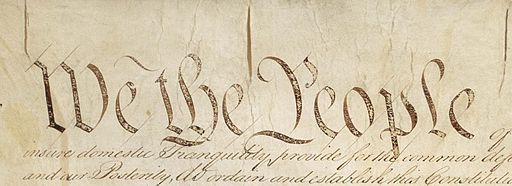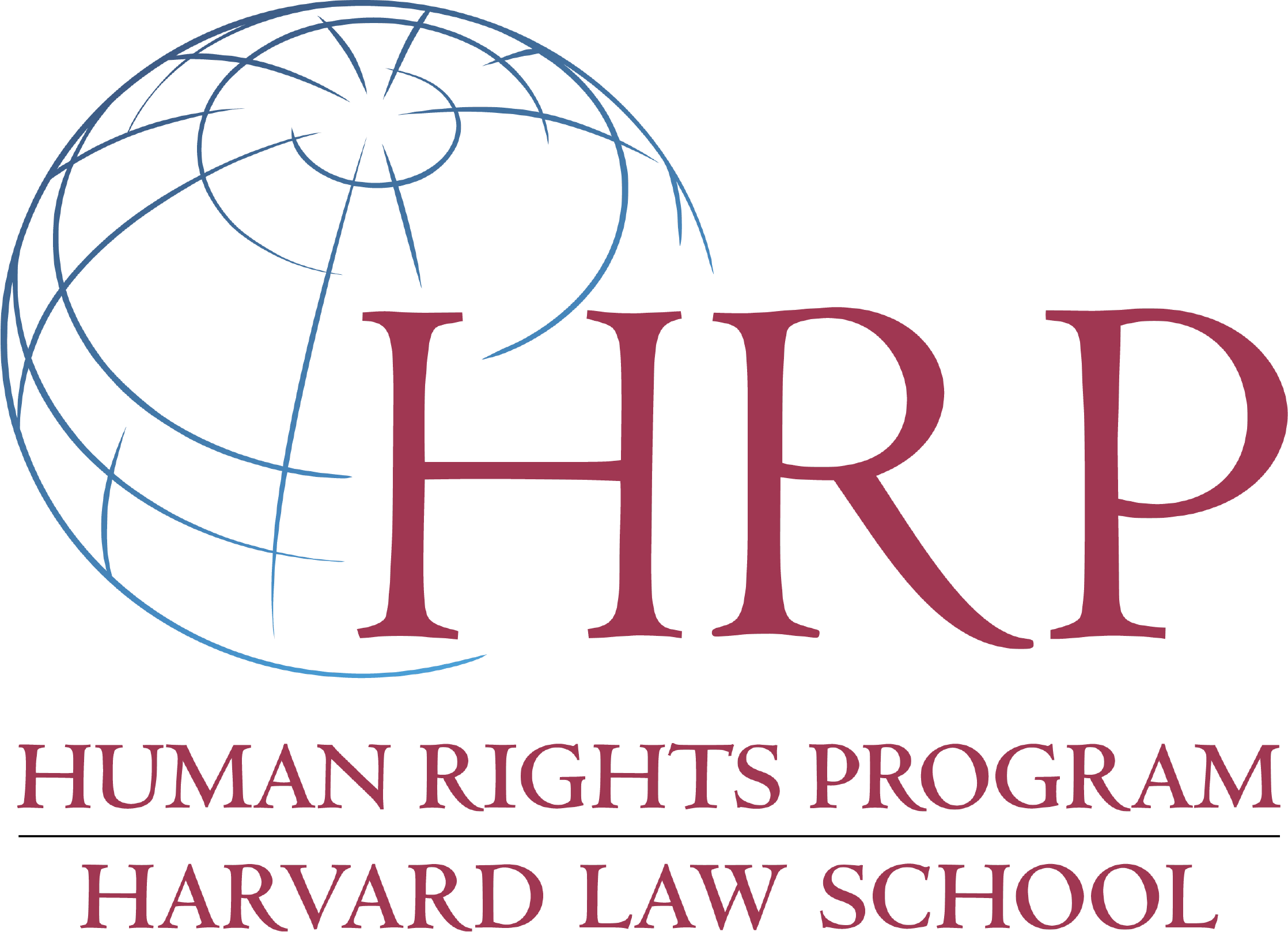
Impeachment Can Vindicate Human Rights
Impeachment is an extraordinary procedure for responding to abuse of power by government. Is legislative trial of elected officials consistent with human rights? It depends. Groundless political trial, or arbitrary and irregular proceedings, may violate the rights of the officials, and more importantly the political rights of the voters who elected them. But procedurally regular and substantively justified impeachments, with appropriate sanctions, may be consistent with the rights of the officials and essential for preventing future violations of the rights of others and protecting democracy.
We are facing such a moment in the United States. The U.S. Constitution provides that, “The President, Vice President and all civil Officers of the United States, shall be removed from Office on Impeachment for, and Conviction of, Treason, Bribery, or other high Crimes and Misdemeanors.” (Article II, sec. 4.) It gives the House sole power to impeach, and it gives the Senate sole power to try impeachments. (Article I, sec 2, cl. 5; sec. 3, cl. 6.) The Constitution provides that the consequences of impeachment and conviction “shall not extend further than to removal from Office, and disqualification to hold and enjoy any Office of honor, Trust or Profit under the United States,” while leaving the person impeached subject to other ordinary legal proceedings. (Article I, sec. 3, cl. 7.) Although impeachment uses some of the vocabulary of criminal law, the only sanctions that the Senate may impose are job-related – removal and future disqualification, not imprisonment, and not even a fine.
The UN Human Rights Committee, the treaty body that oversees compliance with the International Covenant on Civil and Political Rights, examined the consequences of impeachment from a human rights perspective in 2014. (Paksas v. Lithuania, UN Doc. CCPR/C/110/D/2155/2012 (2014).) The impeached Lithuanian president Rolandas Paksas, who had been impeached after conferring Lithuanian citizenship on a suspicious Russian donor to his campaign, complained that barring him from future re-election violated his rights of political participation under article 25 of the International Covenant on Civil and Political Rights. The majority of the Human Rights Committee concluded that under the particular circumstances of the case, in which the consequences of impeachment were not clearly specified by law and the Constitutional Court developed its interpretation as an outgrowth of the Paksas proceedings, permanent disqualification from being President, Prime Minister or Minister “lacked the necessary foreseeability and objectivity and thus amount[ed] to an unreasonable restriction” violating article 25. (Id. para. 8.4.)
I wrote a partly dissenting opinion in that case, emphasizing that presidential impeachments are rare and difficult. (Id. p. 17.) They are not merely a vote of no confidence, as in a parliamentary system that contemplates renewed elections to test a leader’s political support, but a more severe recognition of abuse of power. Some democracies limit the number of times that a president who has served honorably can be reelected, in order to ensure a healthy and competitive political system. It is foreseeable and appropriate that a president who corrupts or attacks the democratic system should be permanently barred from seeking additional opportunities to do so again. That sanction does more to protect political rights than it does to limit them.
In the United States, unlike Lithuania, it has been clear for centuries that a foreseeable outcome of impeachment is permanent disqualification. When attempts to subvert the electoral process by baseless allegations and intimidation culminate in incitement to interfere by force with the congressional confirmation of the election results, disqualification would be a vindication of human rights.
Gerald L. Neuman is Co-Director of the Human Rights Program, as well as the J. Sinclair Armstrong Professor of International, Foreign, and Comparative Law at Harvard Law School. He teaches courses in international human rights law, immigration and nationality law, and U.S. constitutional law. From 2011 to 2014, he served as a Member of the UN Human Rights Committee.
